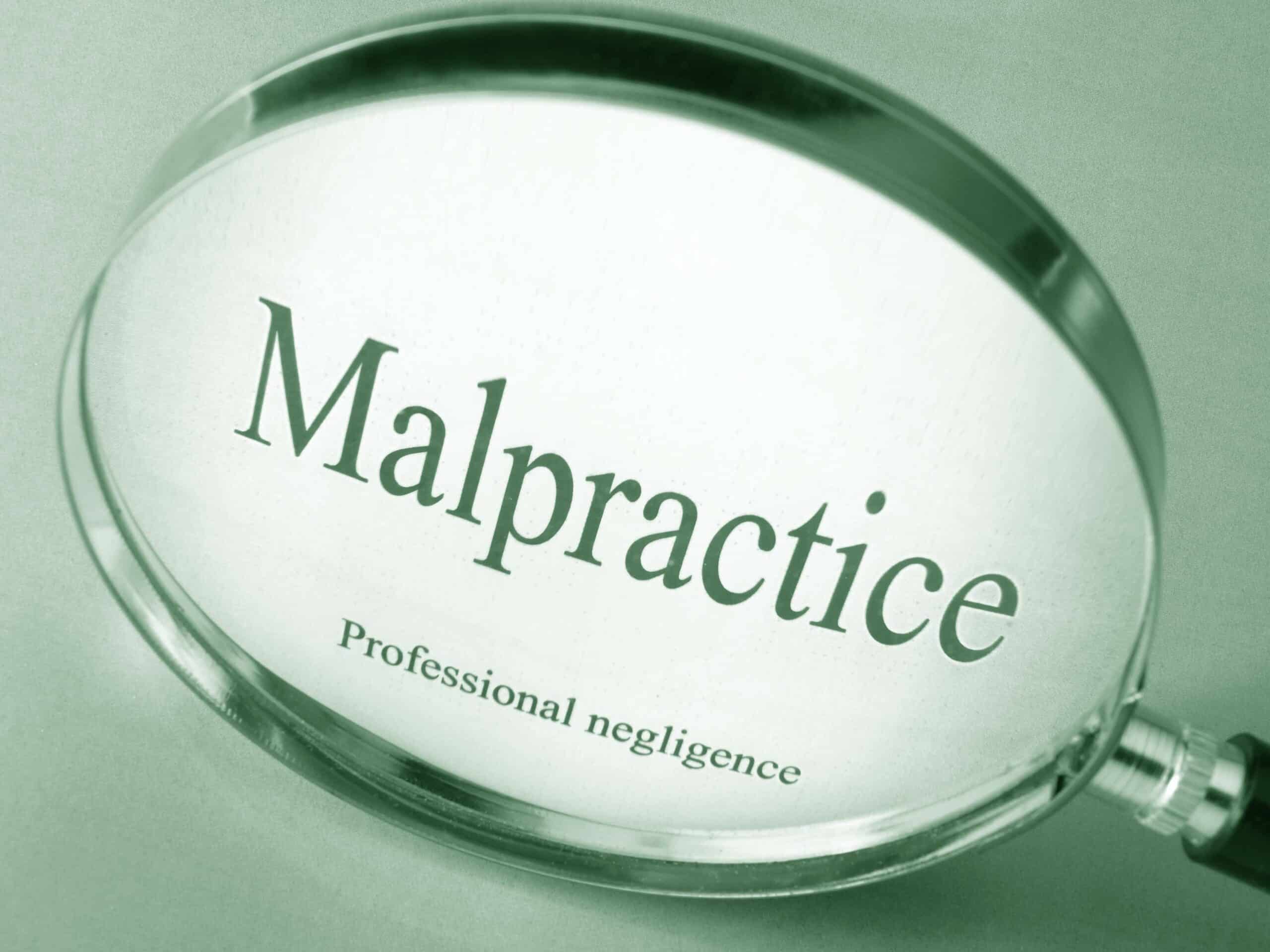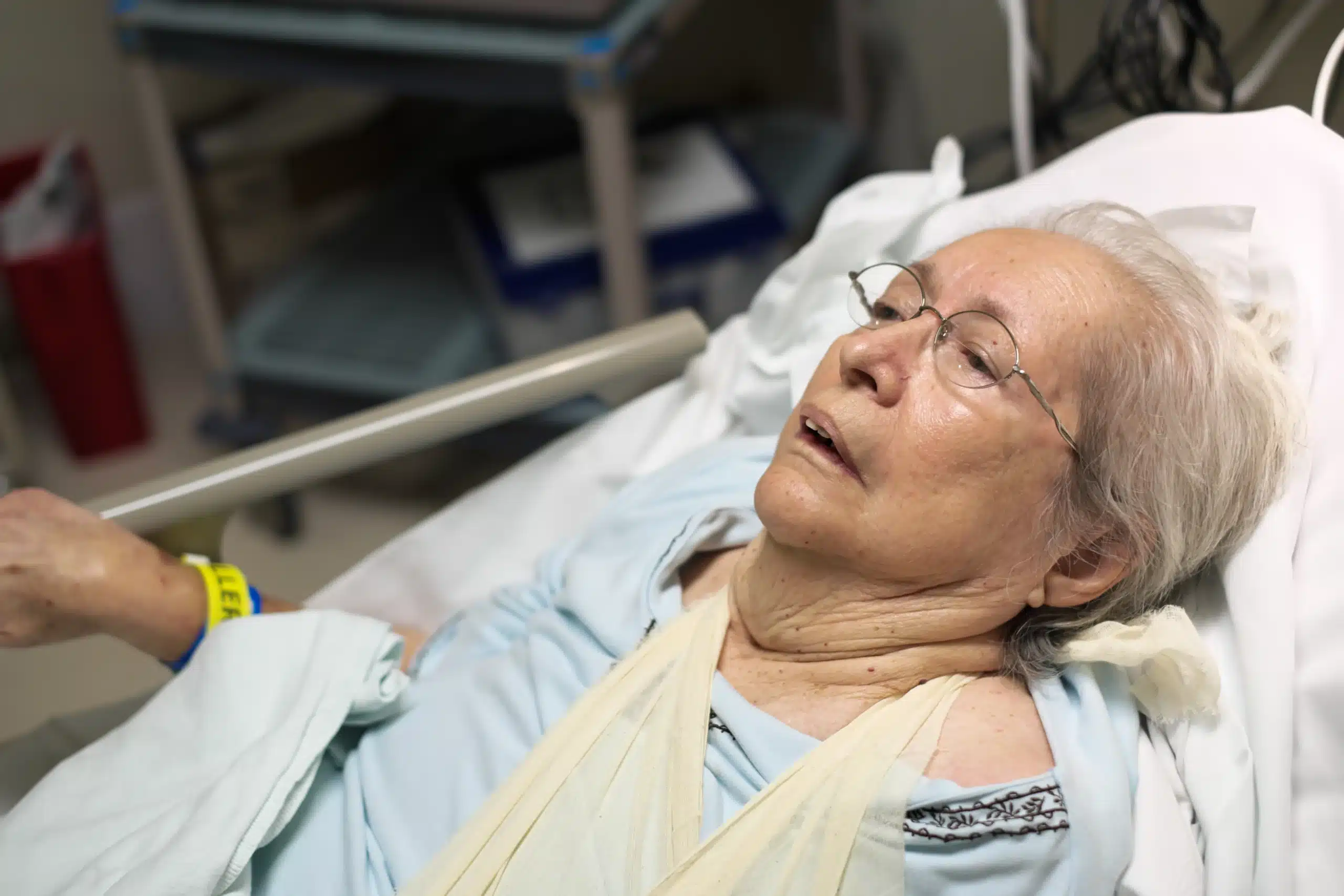Why Are Medical Malpractice Cases So Difficult?
Finding a reputable medical malpractice lawyer in Georgia can be a challenging process due to the complexity of both the medical and legal aspects of medical negligence cases. In this blog post, we will explore why it can be so difficult to find the right lawyer, while also covering the different types of medical malpractice and how to navigate the legal process in Georgia.
What is Medical Malpractice?
Medical malpractice occurs when a healthcare professional, such as a doctor, nurse, or surgeon, fails to meet the standard of care, causing harm or injury to a patient. A standard of care refers to the level of care that a reasonably competent healthcare professional is expected to provide in a similar situation. When a medical provider deviates from this standard and causes harm, this is considered malpractice, or medical negligence.
Common types of medical malpractice include:
Misdiagnosis or Delayed Diagnosis
Misdiagnosis is one of the most frequent and devastating forms of medical malpractice. It occurs when a doctor fails to diagnose a condition correctly or completely overlooks a diagnosis, leading to delayed or improper treatment. In some cases, this can result in a patient’s condition worsening or even becoming fatal.
Surgical Errors
Surgical errors can be catastrophic and include mistakes such as performing the wrong procedure, damaging surrounding organs or tissue, or leaving surgical instruments inside a patient’s body. Such errors are often avoidable and may violate of the standard of care.
Medication Errors
Medication errors occur when a healthcare provider prescribes the wrong medication, the wrong dosage, or fails to account for a patient’s allergies or medical history. These mistakes can lead to severe health complications, including permanent injury or death. This this type of error is very common in hospital and nursing home settings where medication reconciliation is not done properly. It may also be the result of malpractice by a pharmacist.
Birth Injuries
Birth injuries involve harm done to the mother or child during prenatal care or labor and delivery. Common causes of birth injuries include improper handling of the baby, failure to monitor the baby’s health, or delayed intervention during a difficult delivery. Birth injuries can lead to long-term medical conditions or even death.
These are just a few examples of the broad range of situations that can give rise to medical malpractice claims. However, to successfully pursue a claim, patients must navigate the complex legal and medical landscape that governs malpractice law.
Why is Finding a Medical Malpractice Lawyer So Challenging?
While the idea of pursuing a medical malpractice lawsuit might seem straightforward—after all, if you’ve been harmed by negligence, you deserve compensation—medical malpractice cases are some of the most complex and difficult types of personal injury cases. Here are some key reasons why:
Medical Expertise
One of the primary reasons why medical malpractice cases are so difficult is that they require extensive medical knowledge. Lawyers who handle these cases must not only be skilled in legal strategy but also understand the medical procedures and concepts involved. Some personal injury lawyers may not have the expertise needed to handle complex medical malpractice cases effectively.
Expense
The financial cost associated with medical malpractice cases is another reason why these cases are so challenging. Expert witnesses, depositions, investigations, and the collection of medical records all contribute to the cost of a malpractice case. Hiring qualified medical experts to testify can be extremely expensive—some experts charge as much as $2,000 per hour to review medical records.
Additionally, the cost of gathering evidence, consulting specialists, and possibly hiring additional investigators can create significant upfront expenses for a malpractice lawsuit. Many law firms take these cases on a contingency basis, meaning they only get paid if the plaintiff wins the case. However, even contingency-fee law firms often require substantial financial investment at the beginning of the case to cover expert fees and other expenses.
Strict Legal Requirements
Georgia, like most states, has strict laws and requirements when it comes to medical malpractice claims. One of the most critical requirements is the statute of limitations. In Georgia, medical malpractice claims must be filed within two years of the alleged incident. This timeline can be complicated. For example, in misdiagnosis cases, “[t]he misdiagnosis itself is the injury and not the subsequent discovery of the proper diagnosis.” Kaminer v. Canas, 653 S.E.2d 691 (Ga. 2007). This could result in a state of limitations expiring or being almost expired before a patient even knows there was a misdiagnosis.
In order to pursue a medical malpractice claim in Georgia, the plaintiff must provide an affidavit from a qualified medical expert. Ga. Code 9-11-9.1. This expert must testify under oath that the healthcare provider’s actions deviated from the standard of care, which often requires a highly specialized understanding of the medical field in question. This expert testimony is crucial in proving that the provider’s actions directly resulted in the patient’s injury or harm. If this affidavit is not submitted or is found to be insufficient, the case can be dismissed outright.
Georgia Rule of Evidence 702 has very specific requirements for experts in malpractice cases. For example, in a case involving surgical errors, the lawyer must work with an expert surgeon who has significant experience in the type of surgery involved to establish that the procedure was improperly performed. This requires careful selection of experts, making the process not only legally difficult but also scientifically complicated.
Strict procedural rules, such as adhering to tight deadlines, submitting the right documents, and ensuring that expert testimony is presented correctly, can further complicate the process for someone unfamiliar with legal technicalities.
Complex and Time Consuming Legal Process
Medical malpractice cases are notoriously difficult to win, primarily due to the burden of proof required. The plaintiff (the patient) must demonstrate that the healthcare provider was negligent and that this negligence directly caused harm. This is not always a straightforward process and involves presenting substantial evidence.
Proving negligence in medical malpractice often requires expert testimony, medical records, depositions from witnesses, and potentially multiple rounds of litigation. The burden of proof is on the patient, but unlike a car wreck case or slip and fall case, that burden can only be met by presenting expert testimony that satisfies the judge. Ga. Code. 24-7-702 (“Rule 702’).
The legal process can be lengthy and drawn out. Lawsuits may drag on for months or even years, with multiple motions, pre-trial hearings, and discovery phases. This protracted timeline can be exhausting for patients and families seeking justice, adding a layer of frustration to an already challenging experience.
Limited Availability of Lawyers Specializing in Medical Malpractice
Due to the technical nature of medical malpractice law and the high stakes involved, many lawyers hesitate to take on such cases. A typical medical malpractice claim is lengthy, resource-intensive, and expensive, as it often involves hiring expert witnesses, conducting thorough investigations, and preparing for potentially long court battles.
For this reason, there are fewer lawyers who specialize in medical malpractice, particularly those who are willing and able to take on complex cases. Finding a lawyer who is both qualified and willing to invest the time, resources, and expertise necessary for a successful outcome can be a major challenge.
Moreover, lawyers who handle medical malpractice cases must have a deep understanding of medical terminology and procedures. They also need to be familiar with Georgia’s unique laws surrounding malpractice claims. This specialized knowledge means that not all personal injury lawyers can handle medical malpractice cases—adding to the difficulty of finding the right legal representation.
How to Navigate the Legal Process.
Given the complexity of medical malpractice cases, it’s crucial to approach the legal process carefully and strategically. Here are some steps to consider when navigating this difficult terrain:
Consult with a specialized attorney
It’s essential to consult with a lawyer who has experience specifically in medical malpractice. Such a lawyer will have the knowledge of medical terminology, procedures, and Georgia’s malpractice laws needed to build a strong case. They will also be able to guide you through the intricate legal process.
Gather all relevant medical records
In a medical malpractice case, documentation is critical. The more organized and thorough your medical records are, the better. Ensure that you have all records related to your treatment, including hospital records, test results, prescriptions, and communication with healthcare providers. These documents will form the foundation of your case.
Consult medical experts
Medical experts are vital to any malpractice case. A reputable malpractice lawyer will have access to a network of experts who can provide testimony on whether the standard of care was breached. This testimony can make or break your case, so choosing the right experts is crucial.
Be prepared for a lengthy process
Medical malpractice cases can take years to resolve, so it’s important to be patient and persistent. You may face multiple legal challenges along the way, and your lawyer will need to prepare for long, complex proceedings. Patience and determination are key to navigating the process successfully.
Conclusion
The process of finding a reputable medical malpractice lawyer in Georgia can be daunting, but with the right approach, it is possible to find an attorney who can help you navigate the complex medical and legal terrain. Medical malpractice cases are difficult not only because of the technical legal requirements but also because of the medical expertise needed and the significant financial resources involved.


